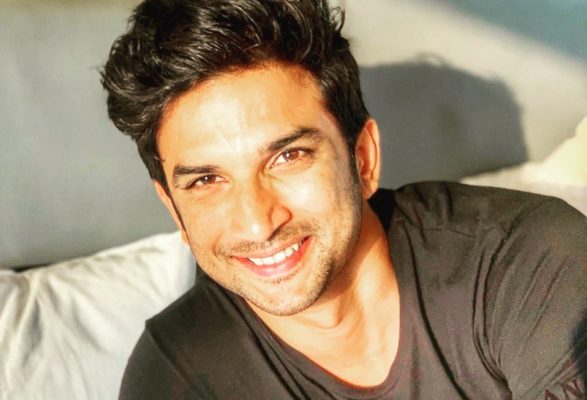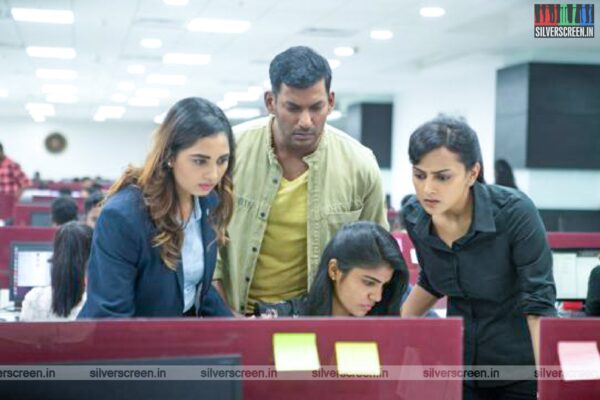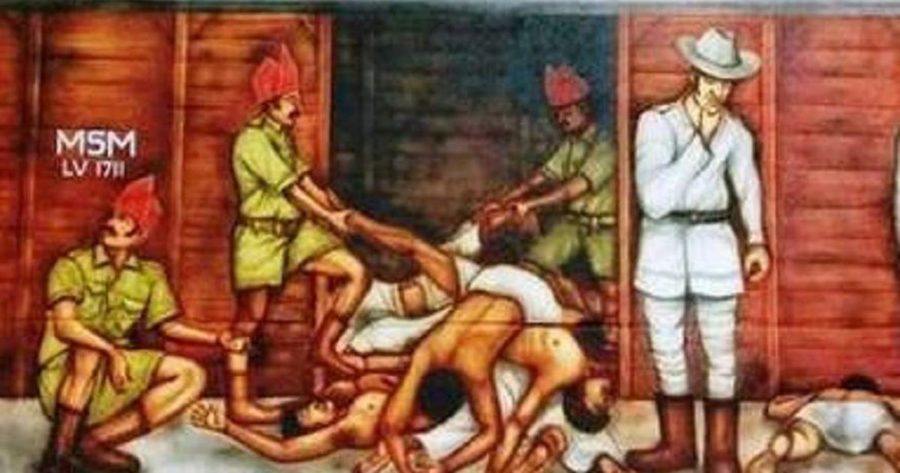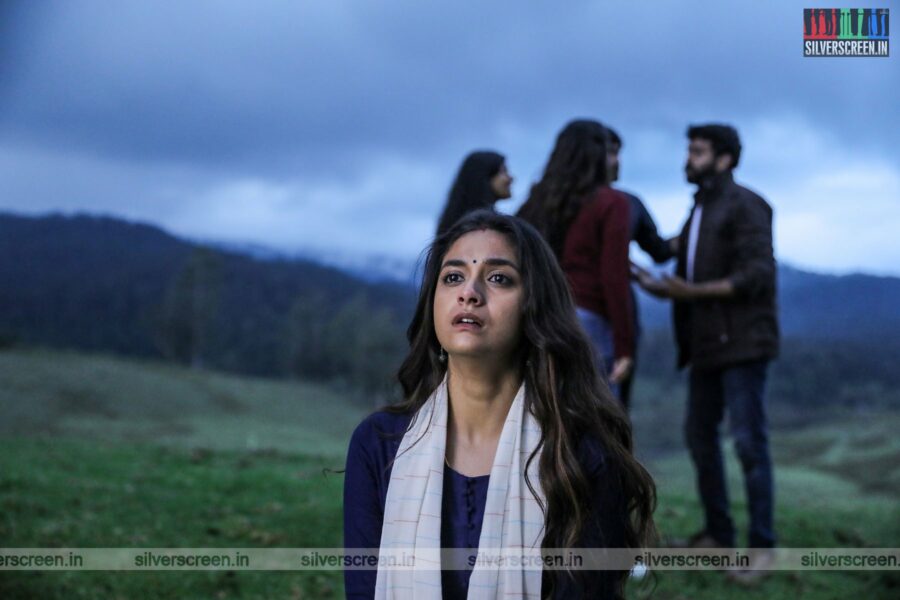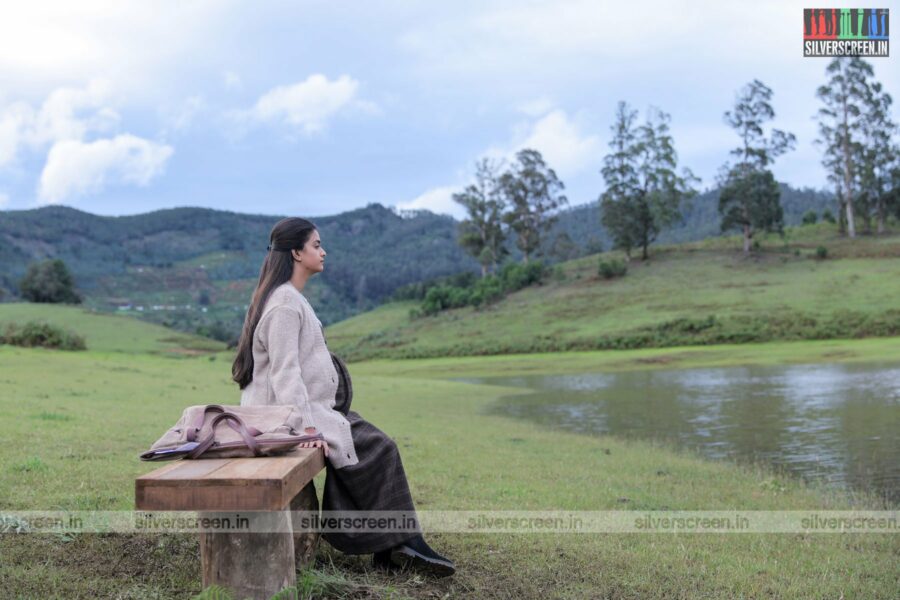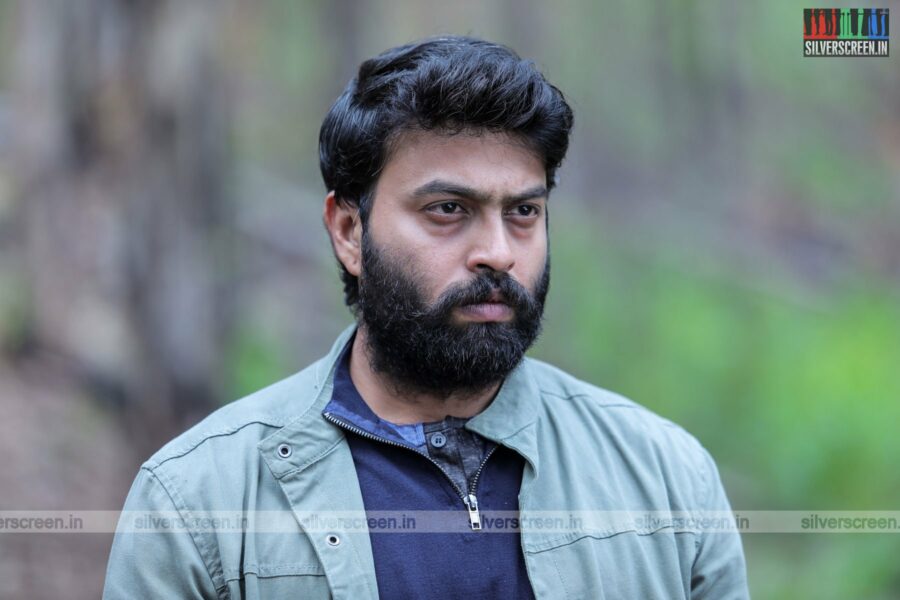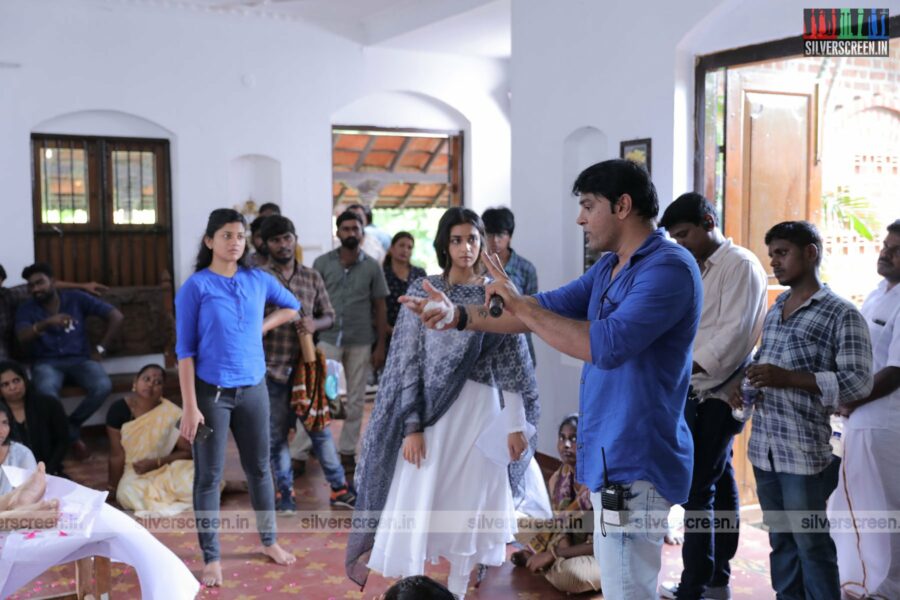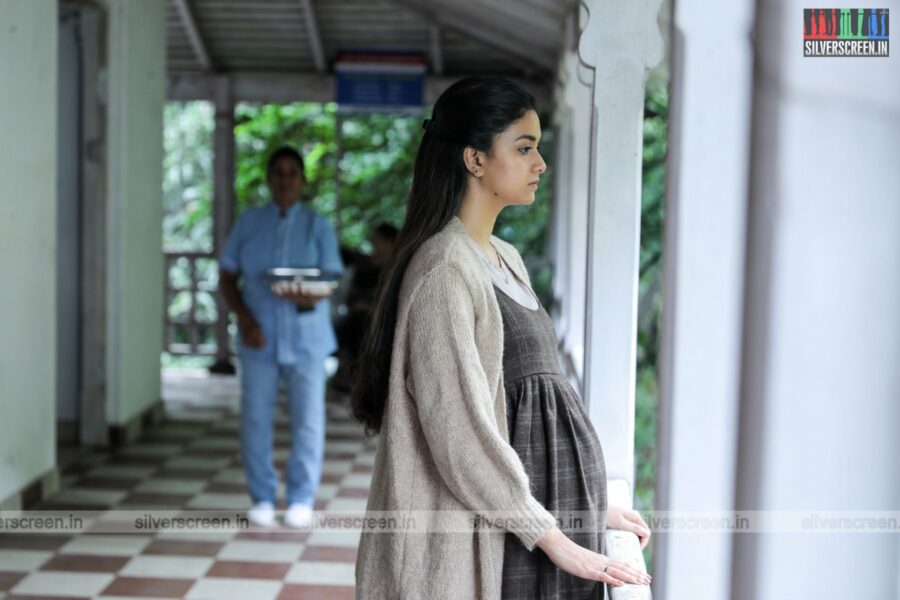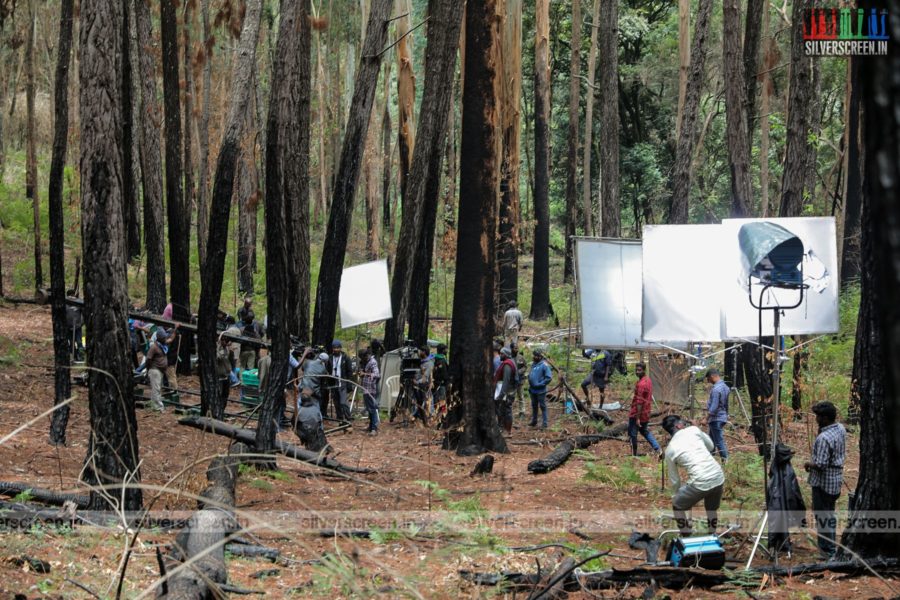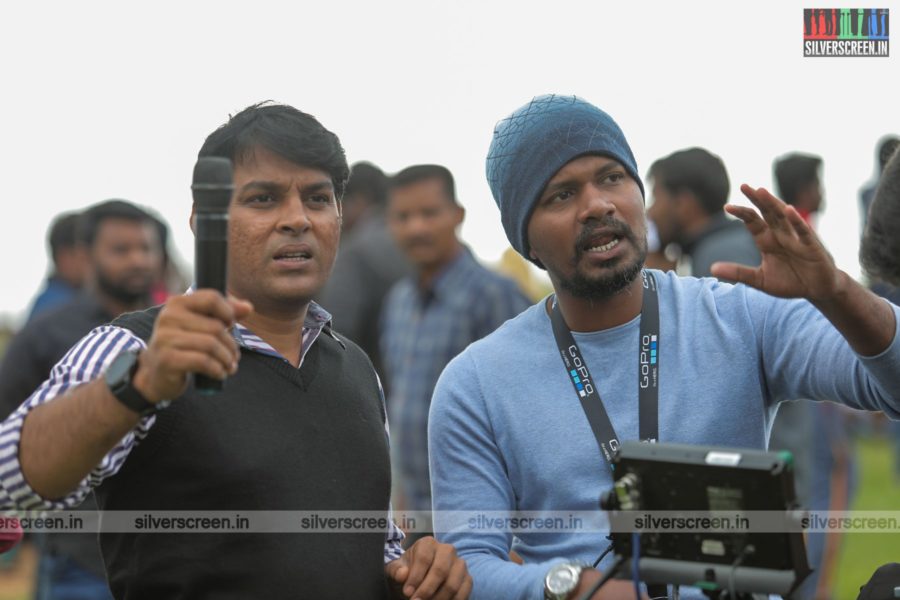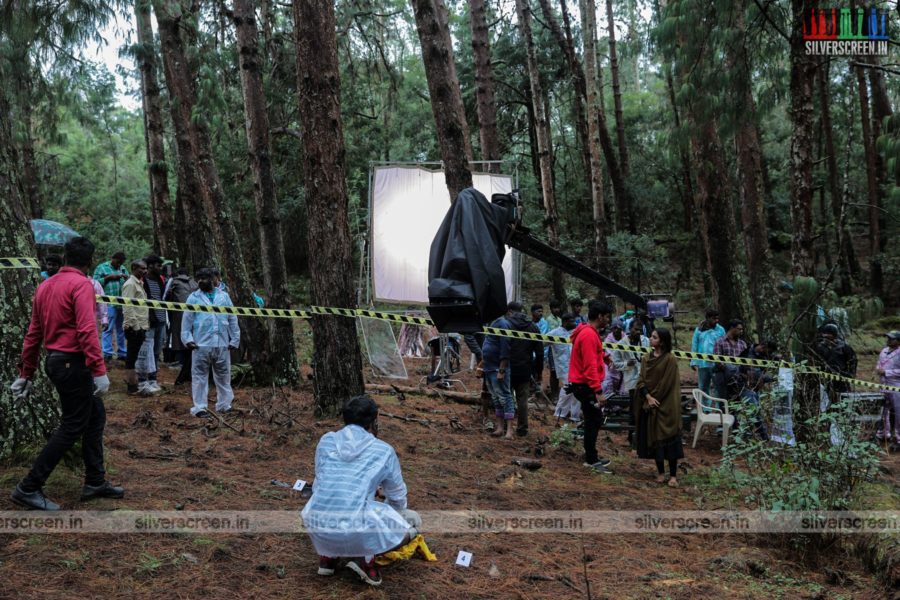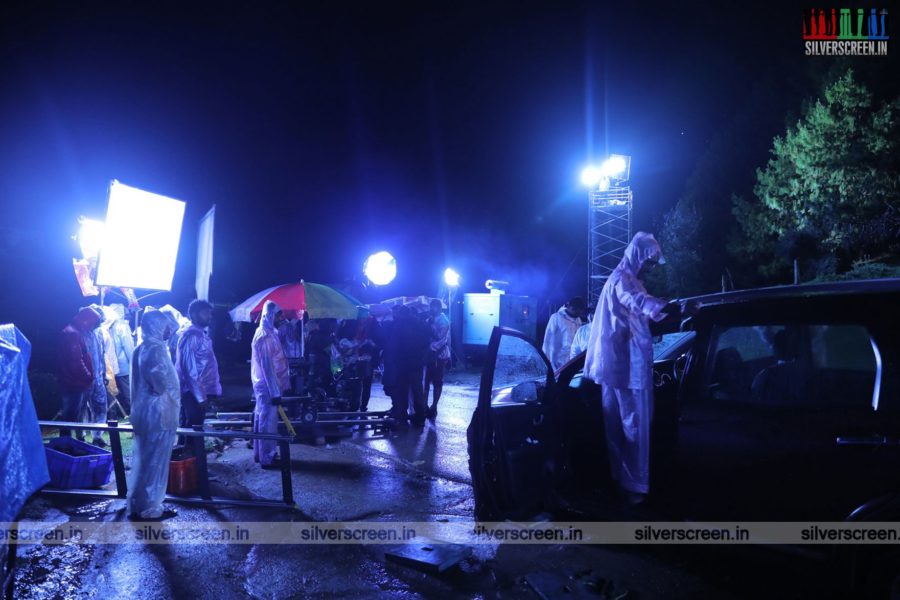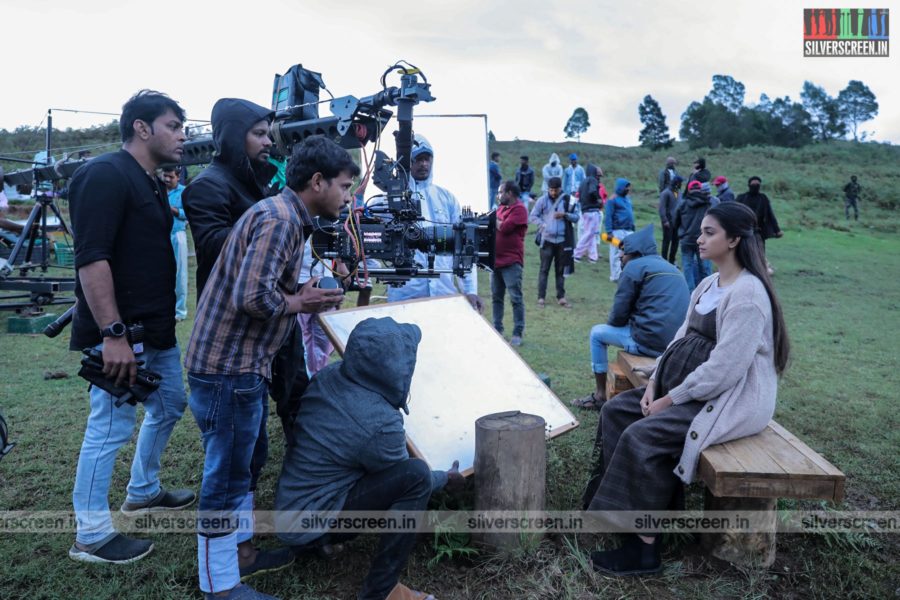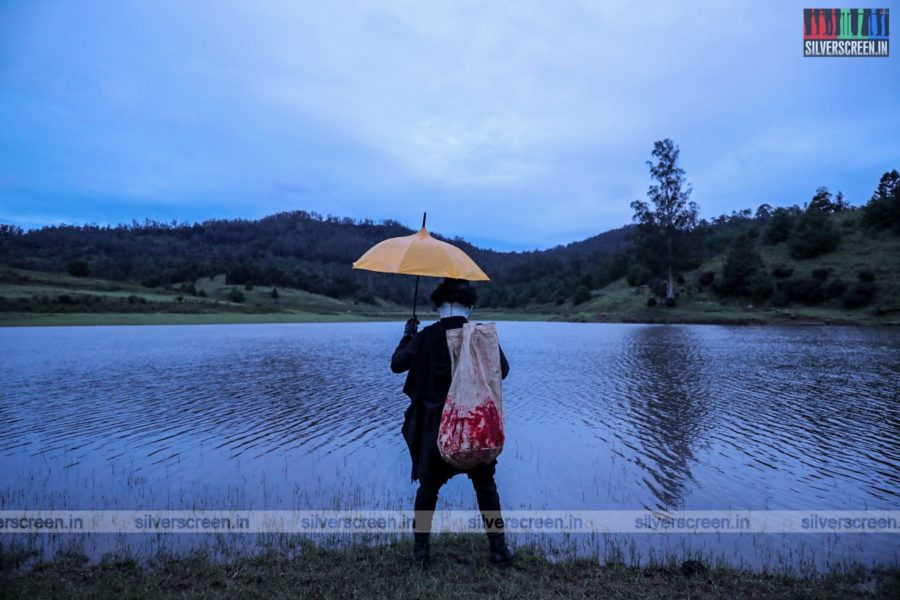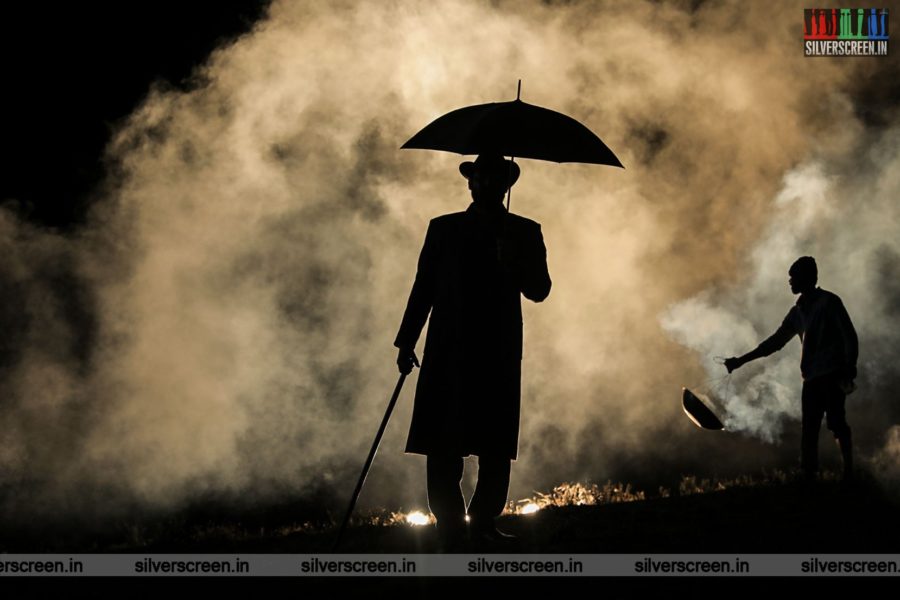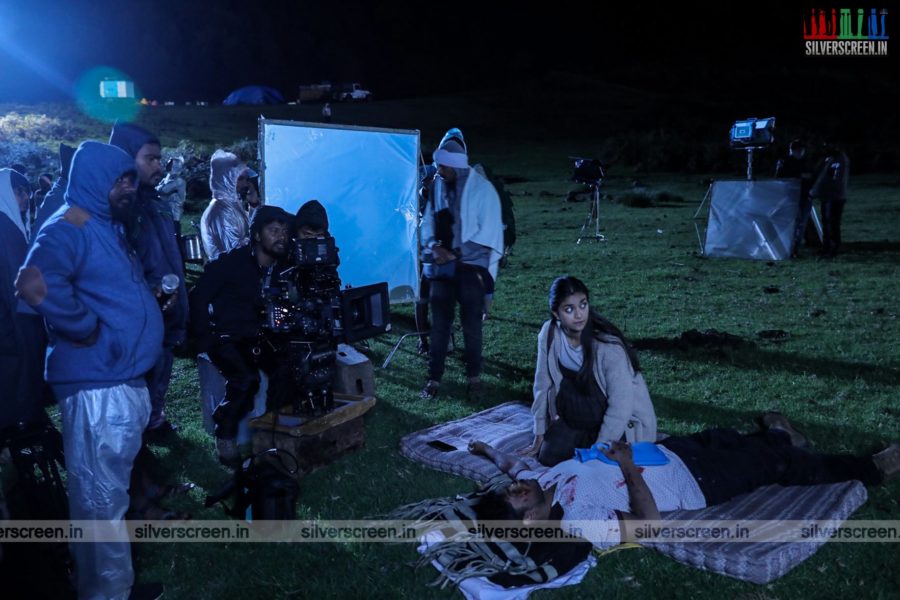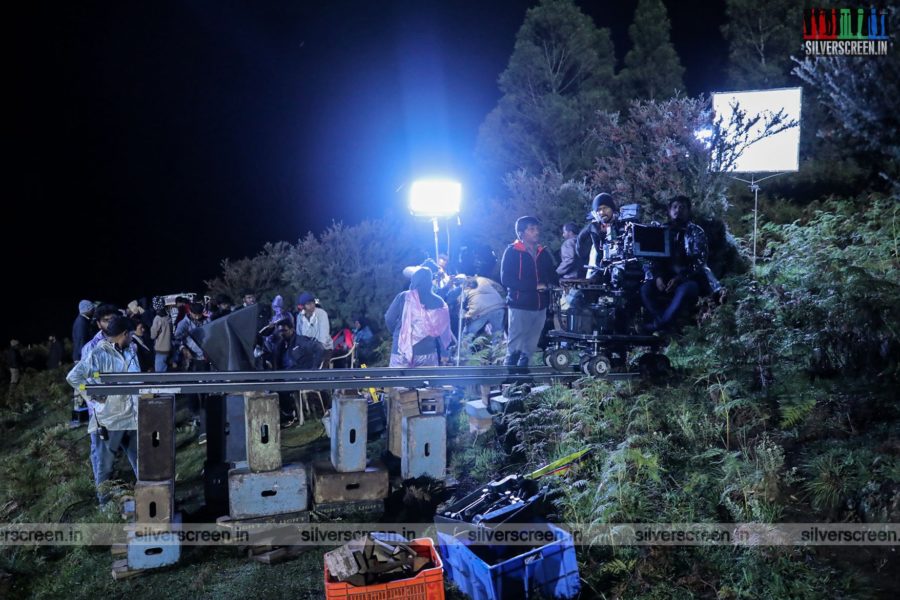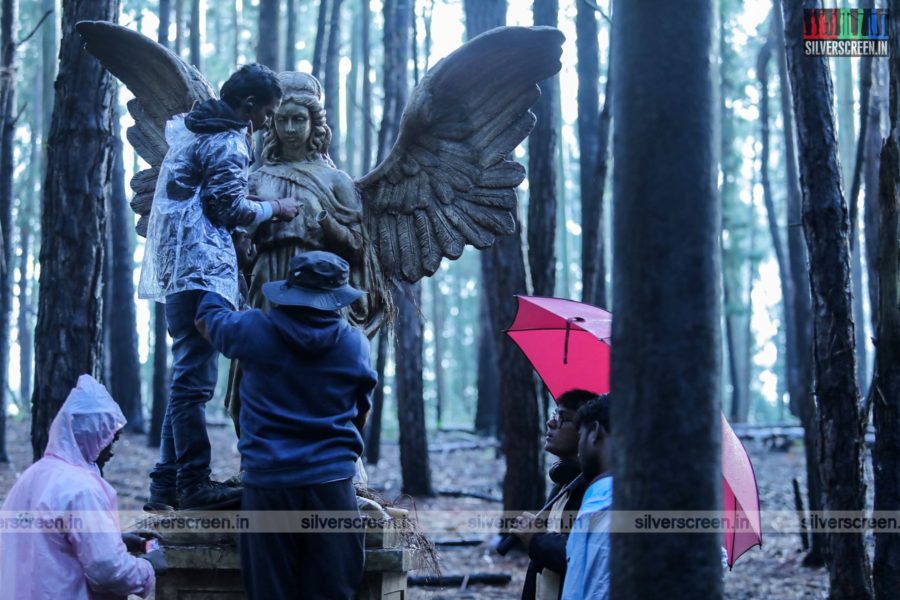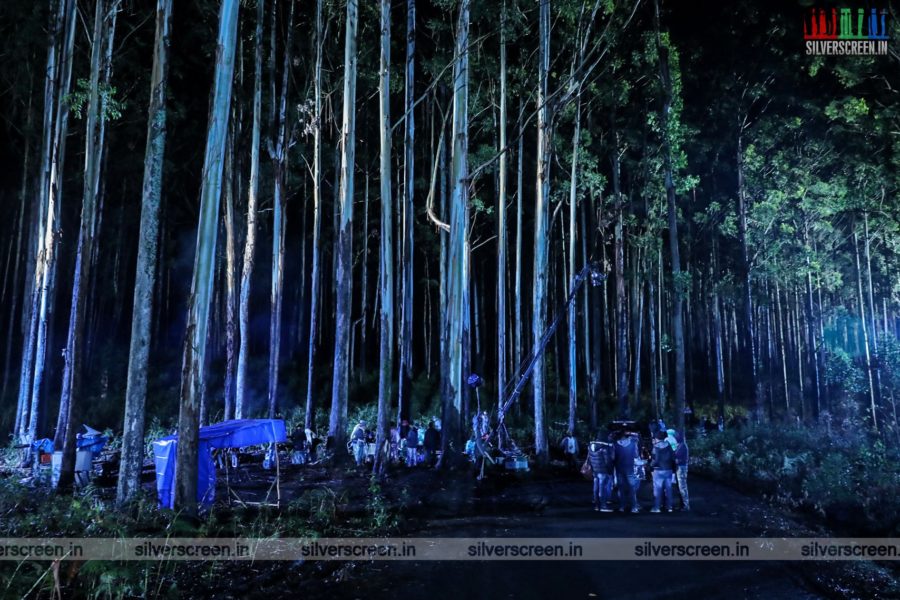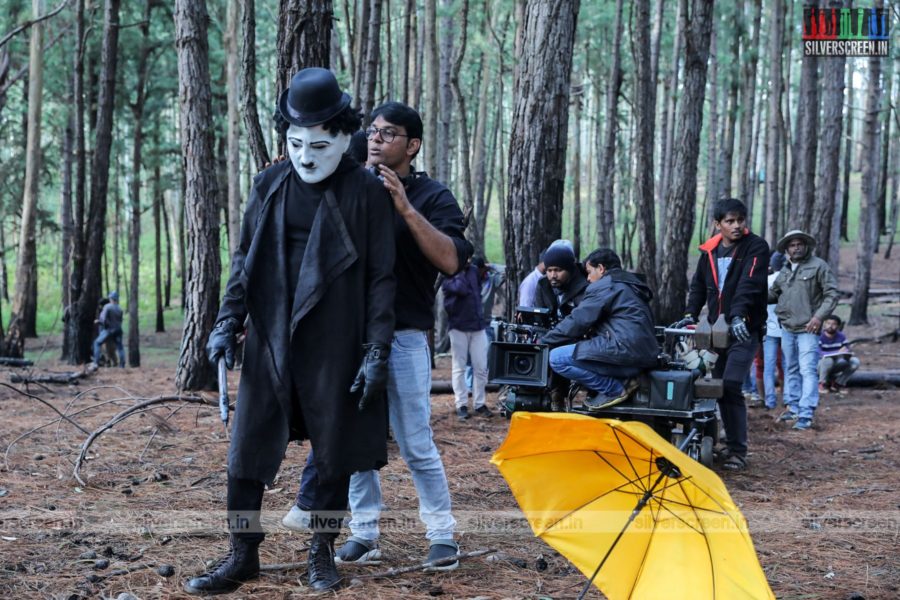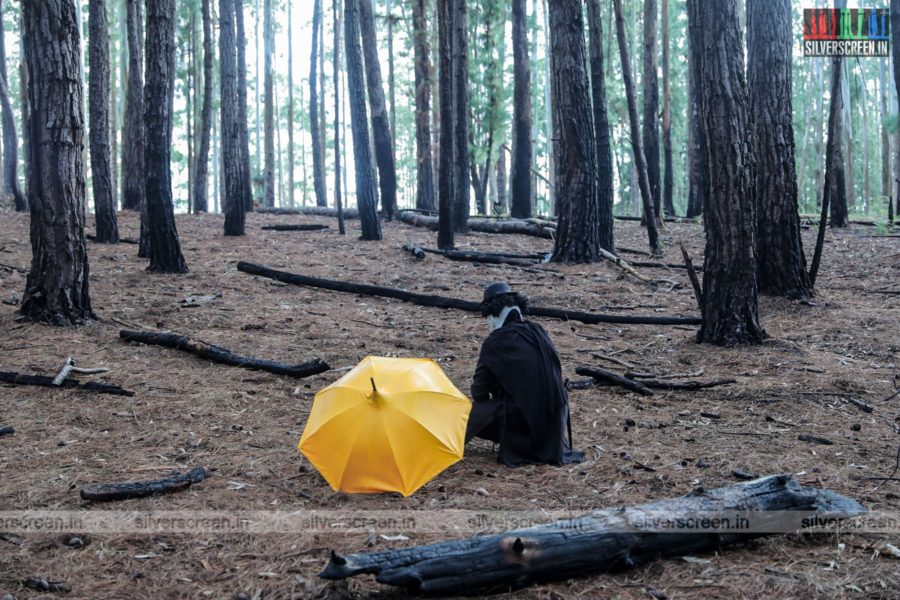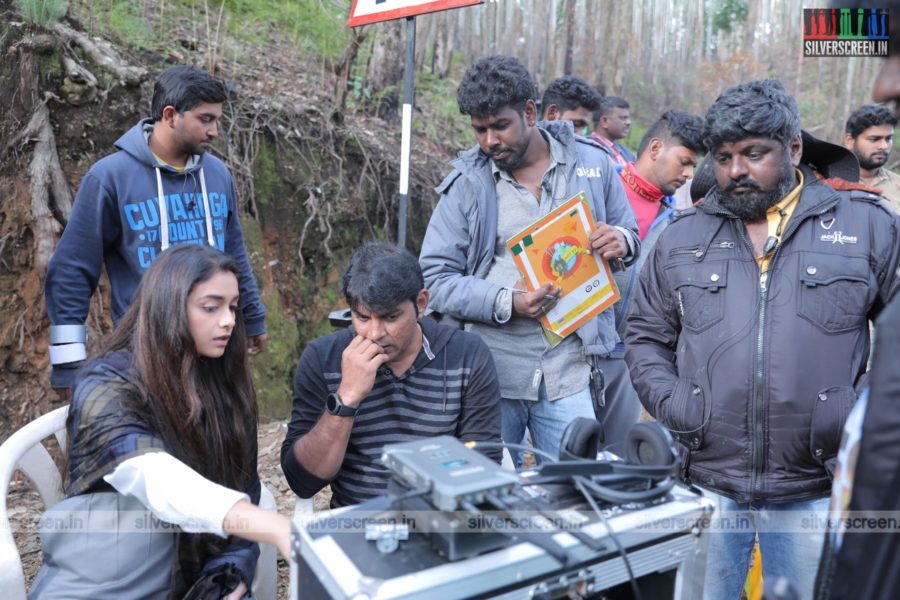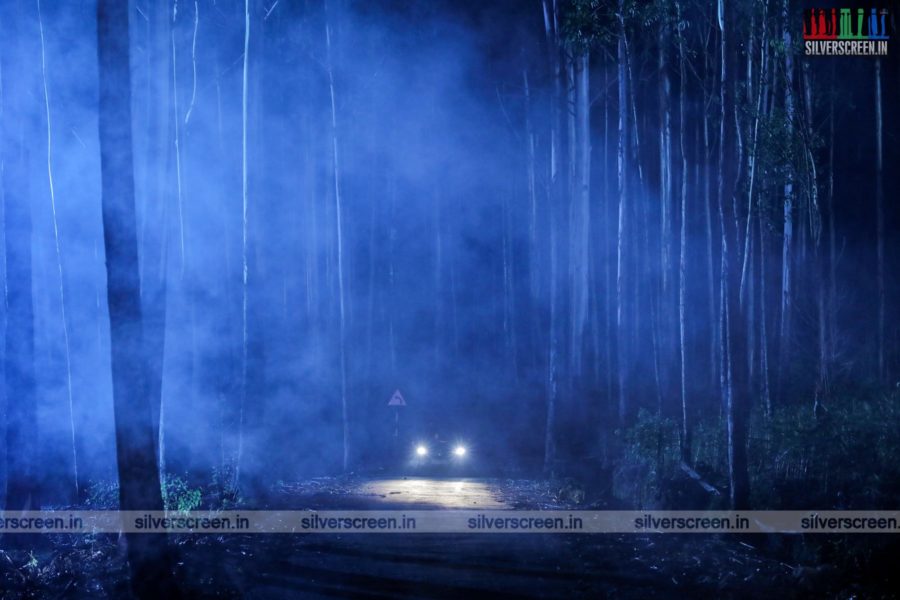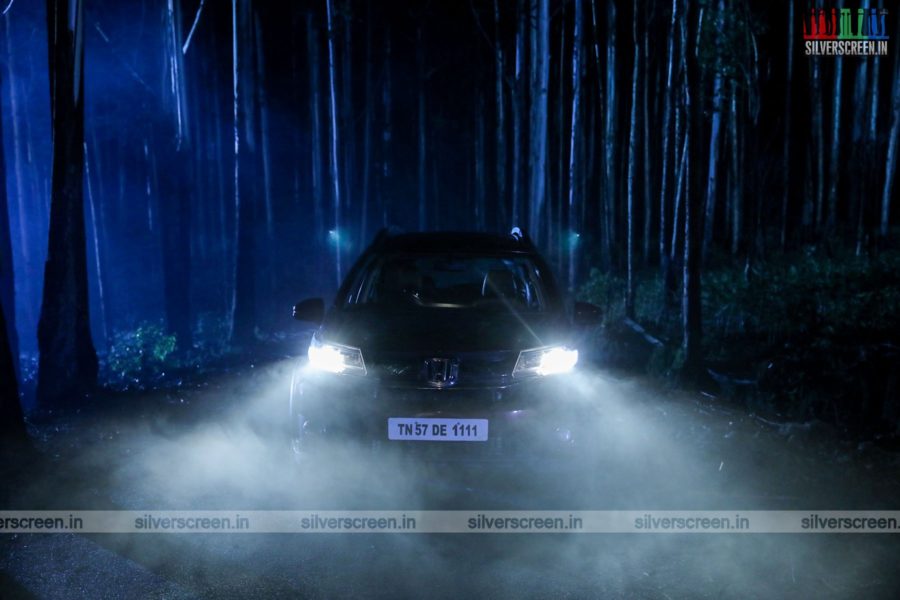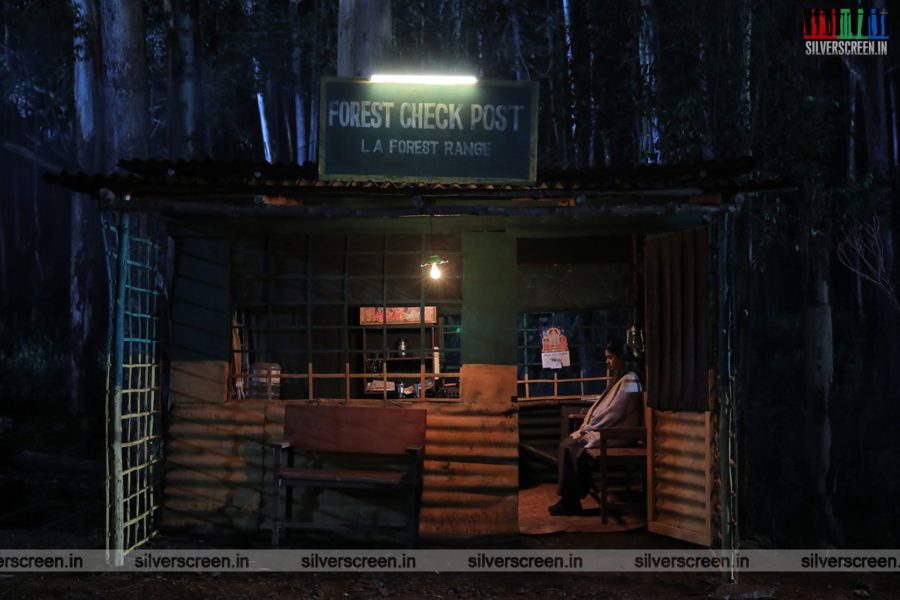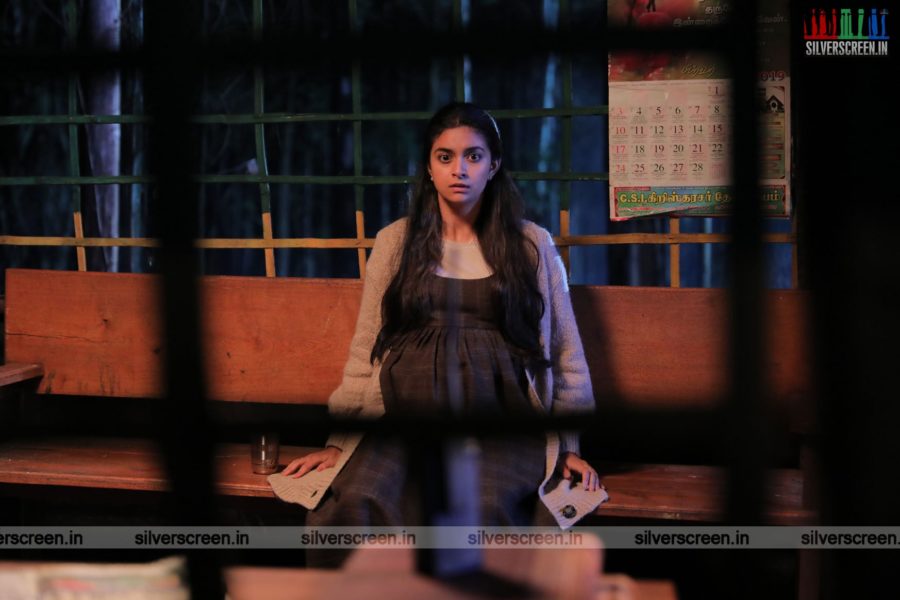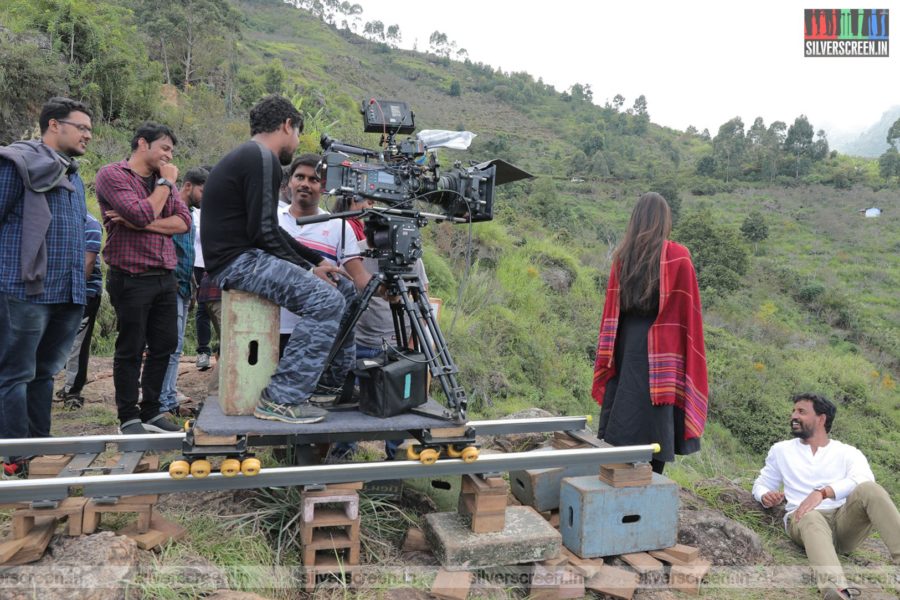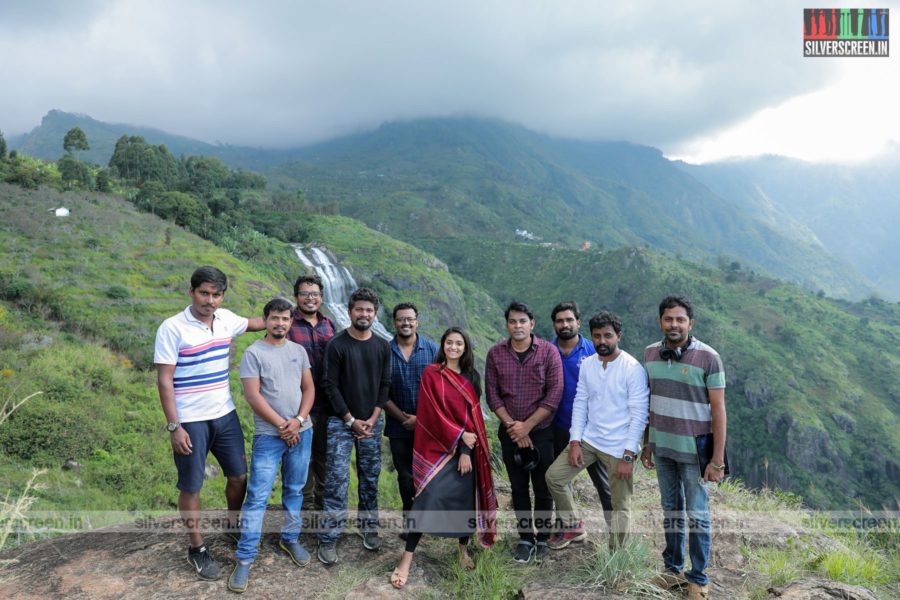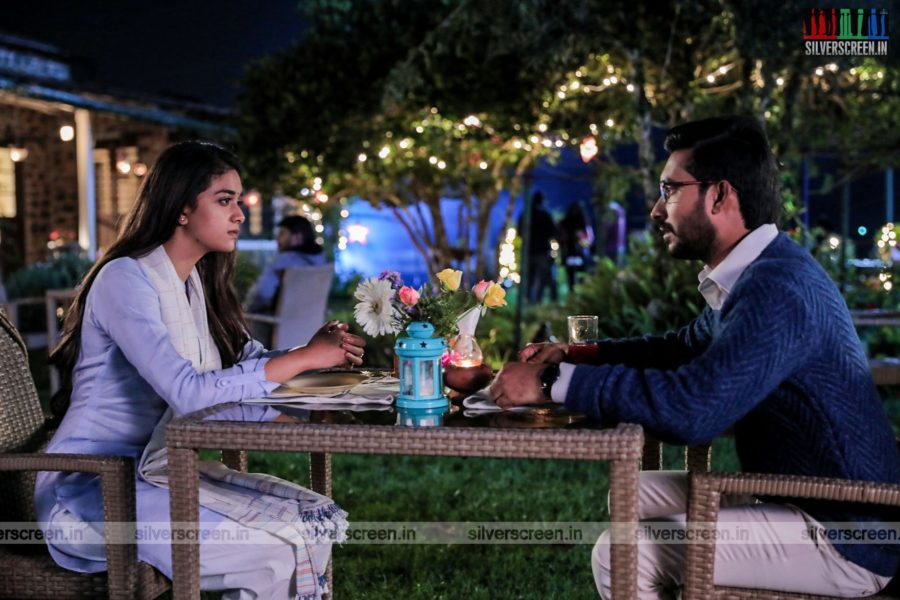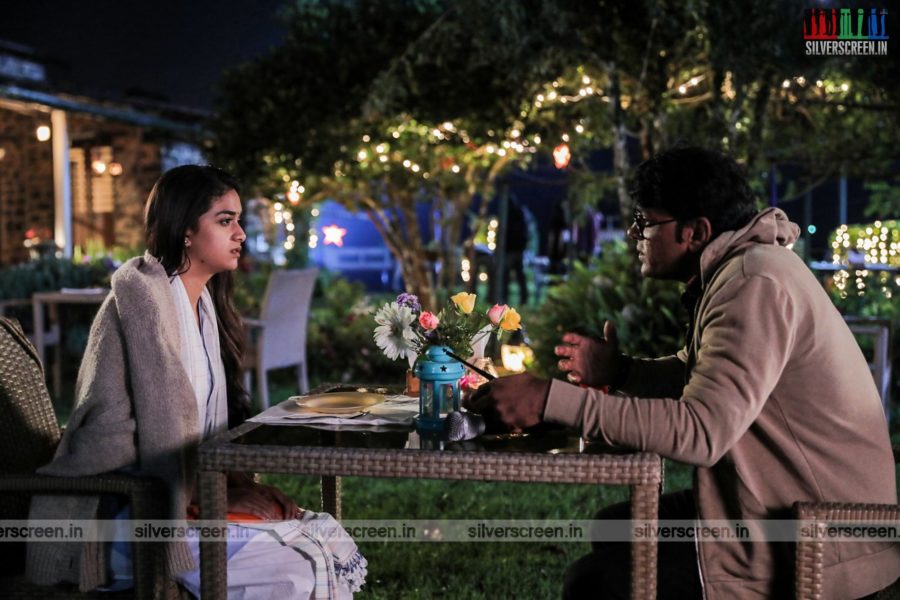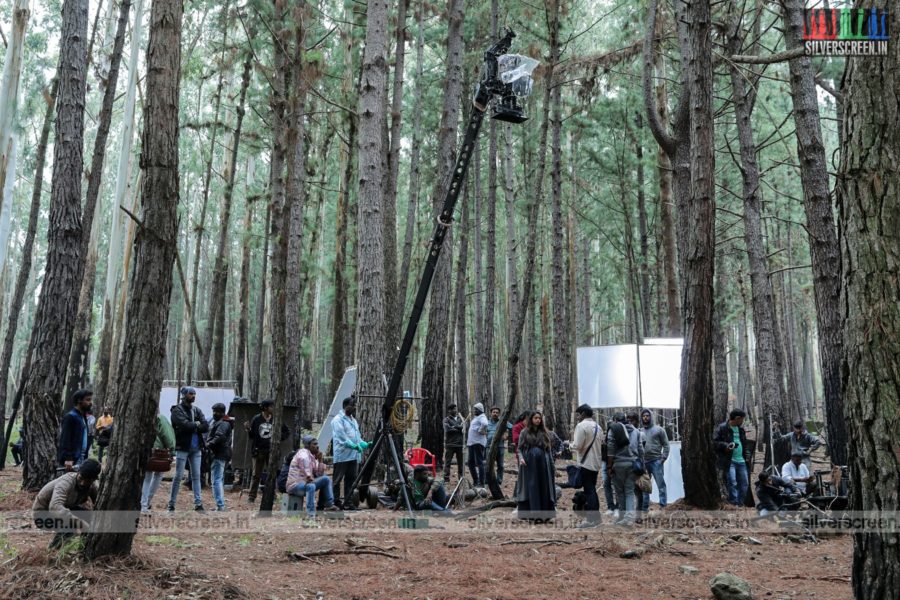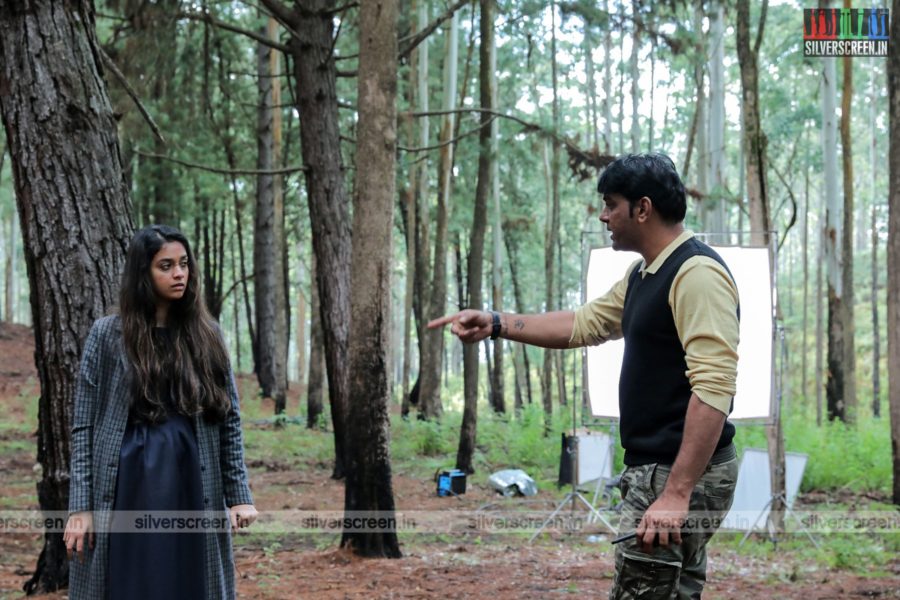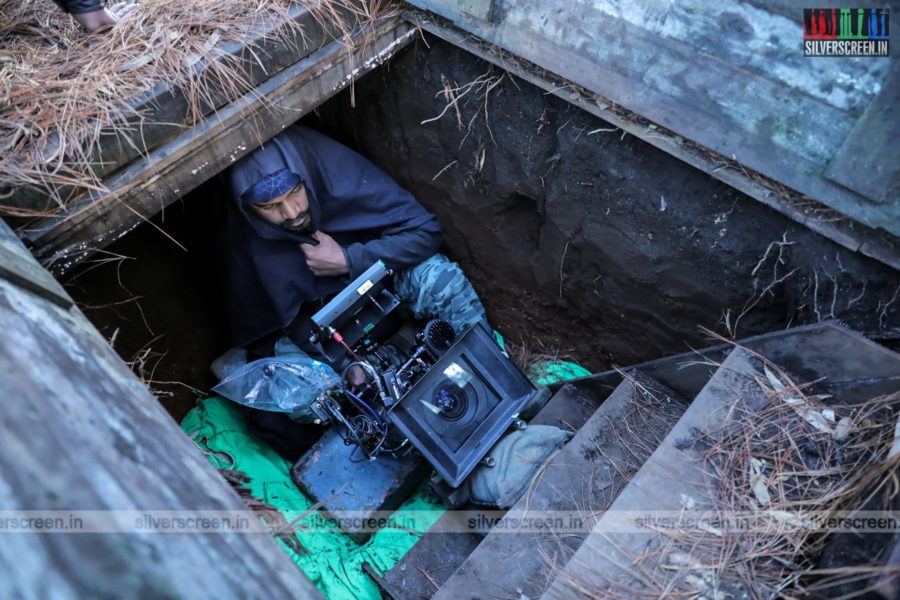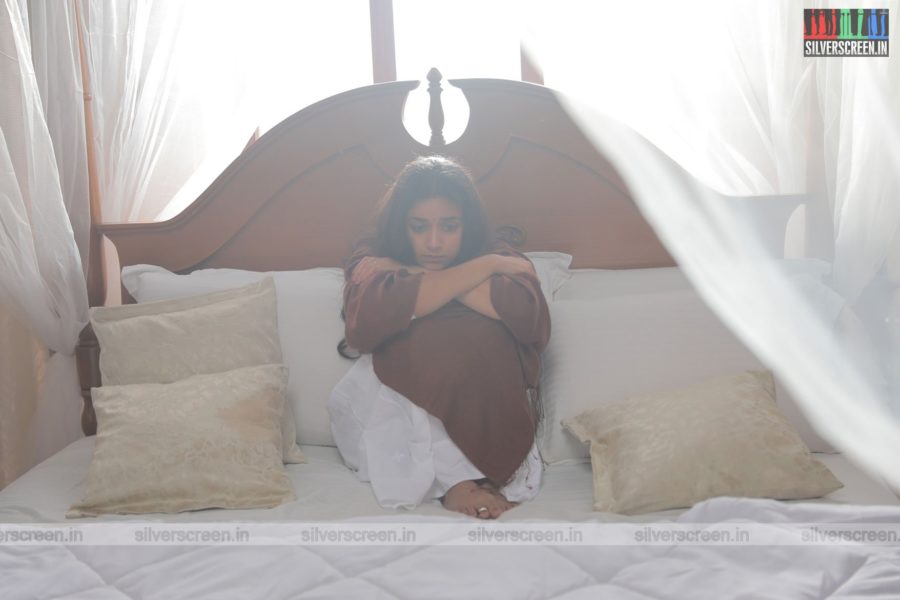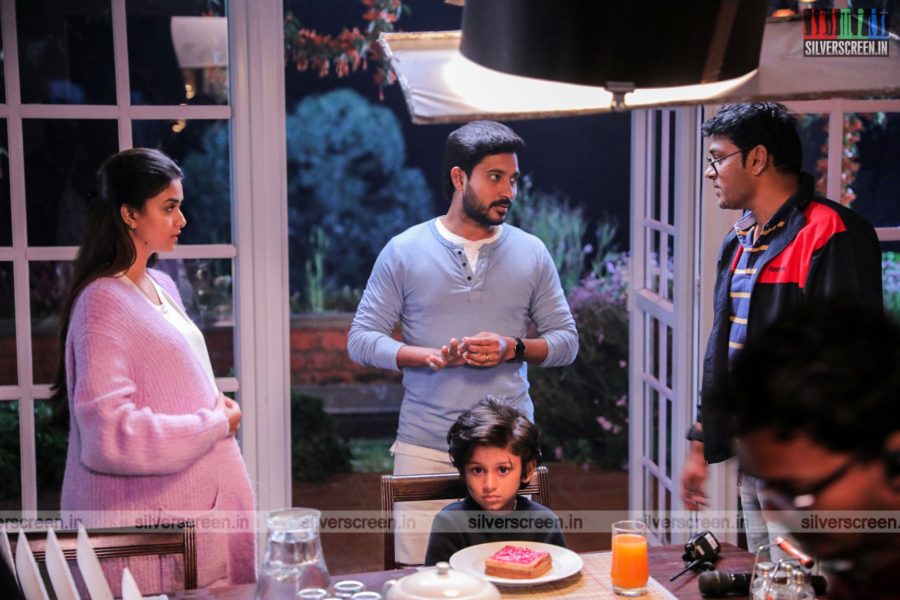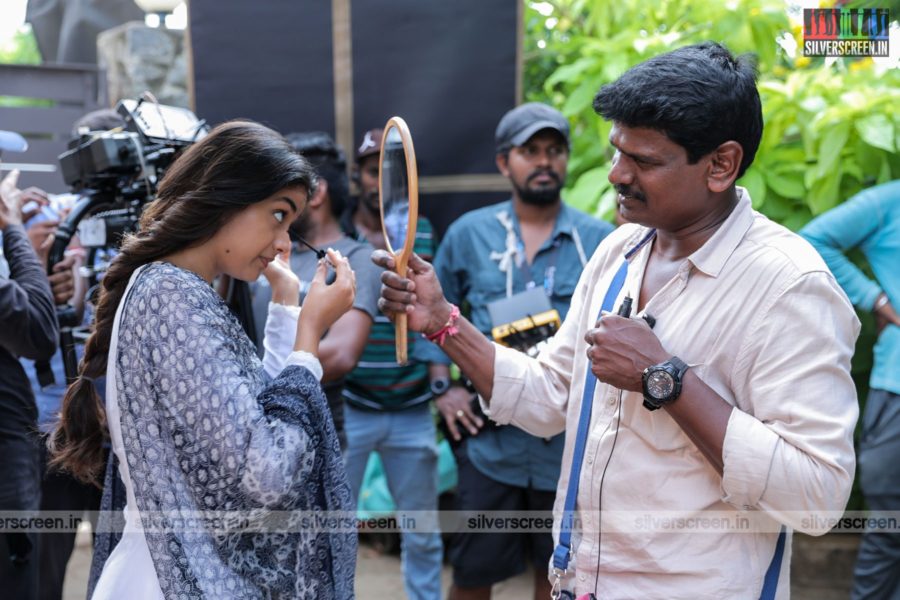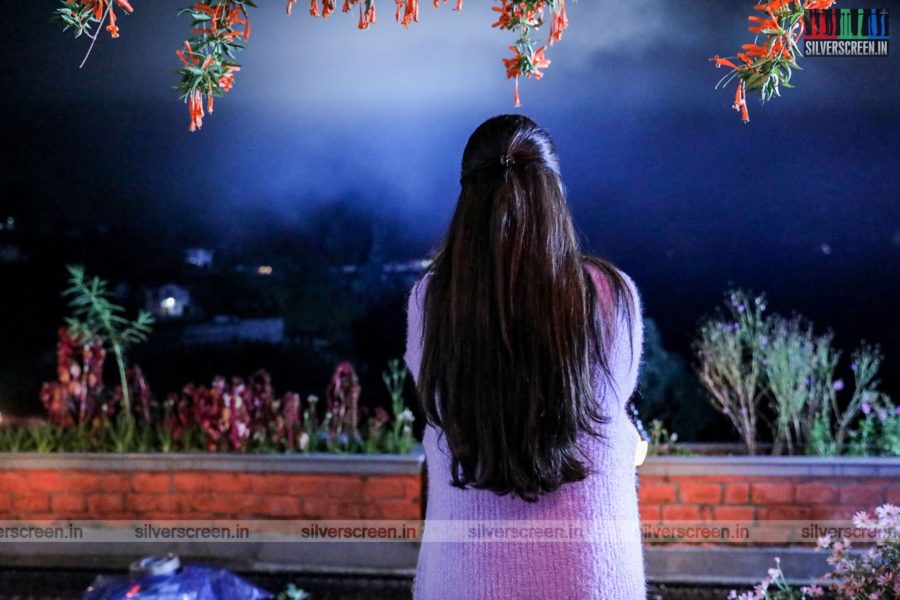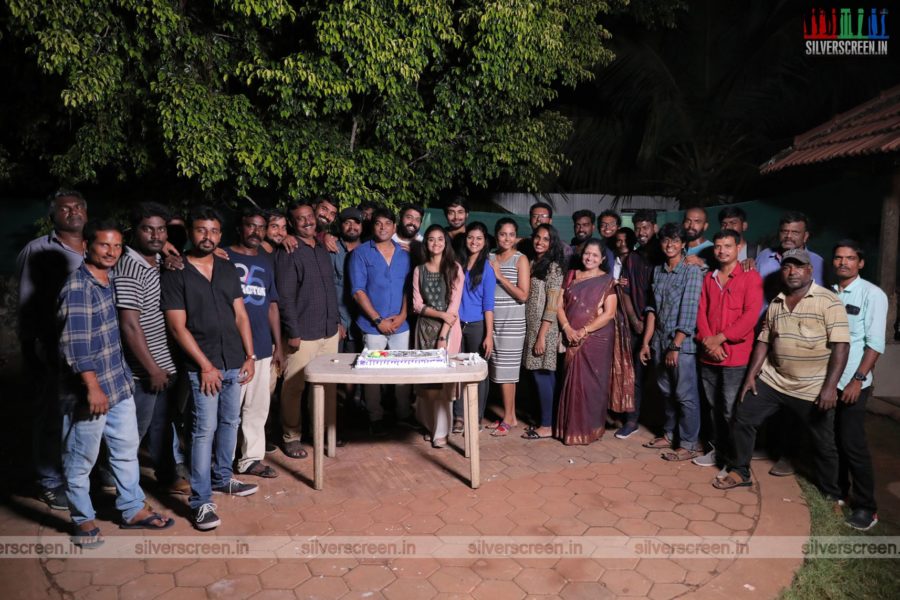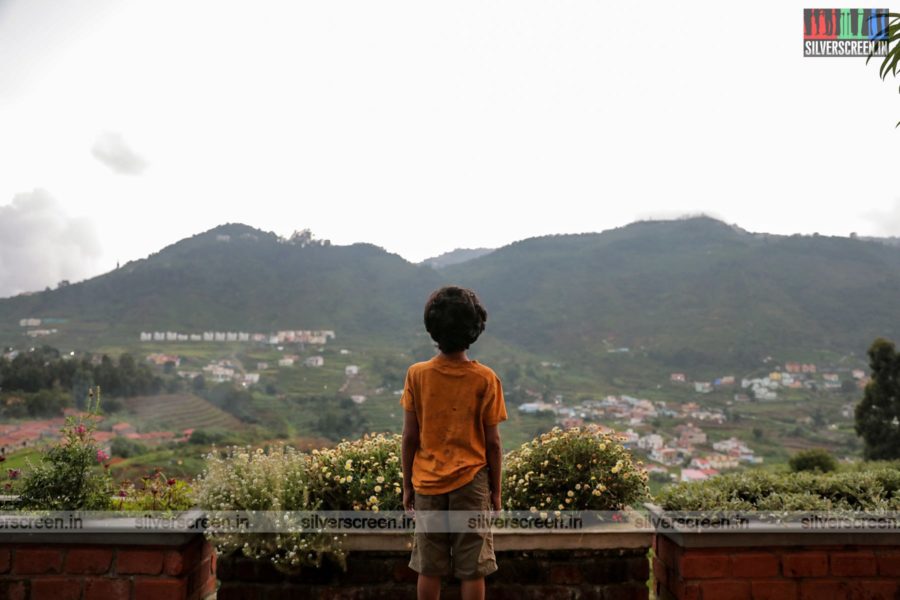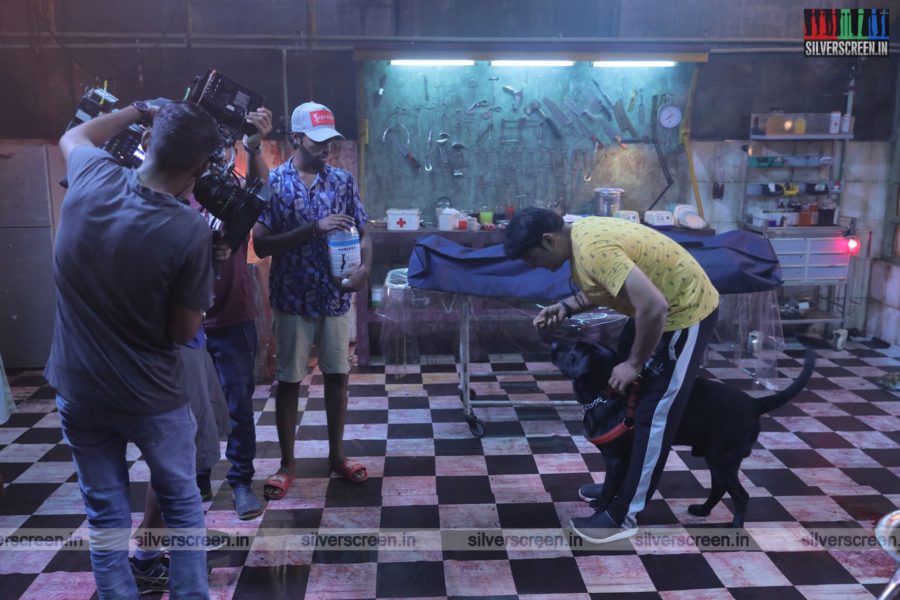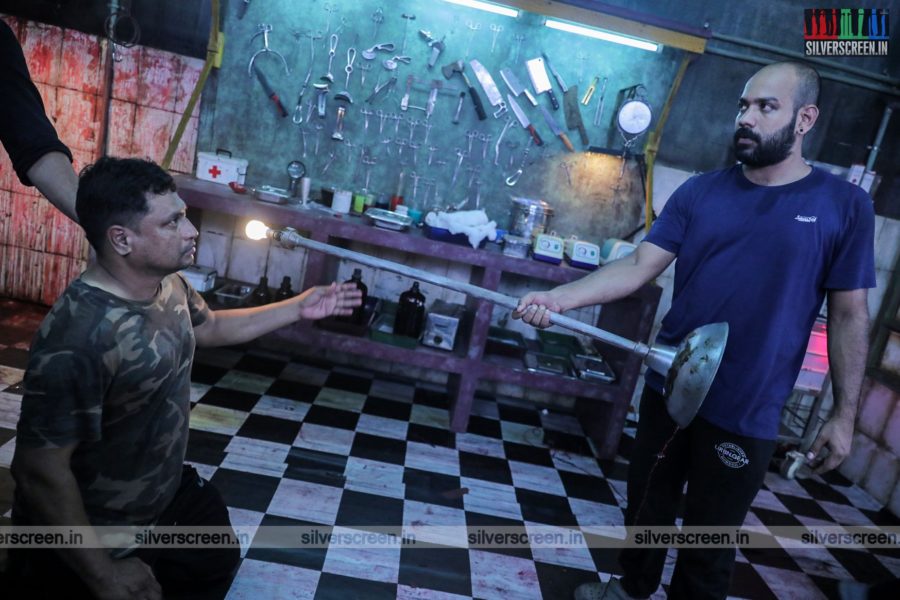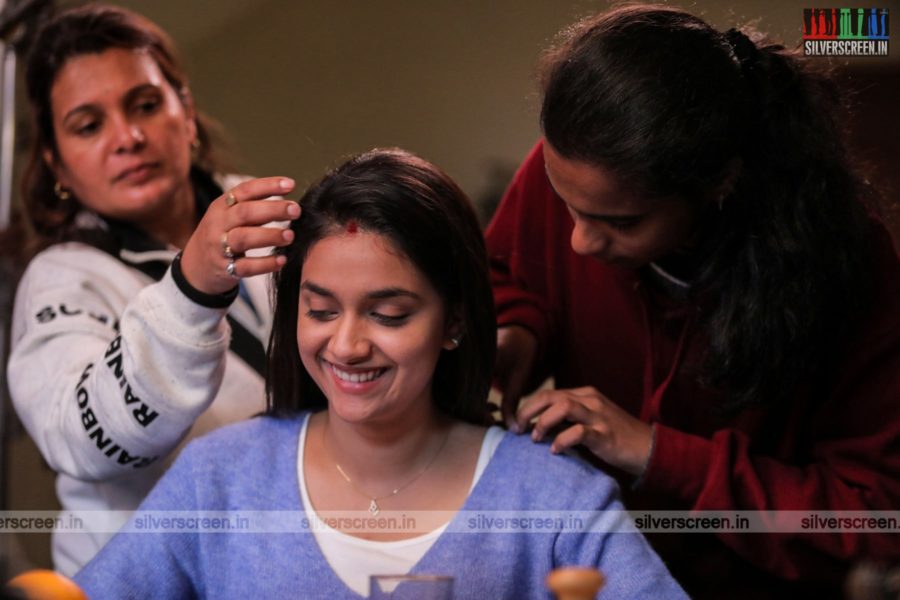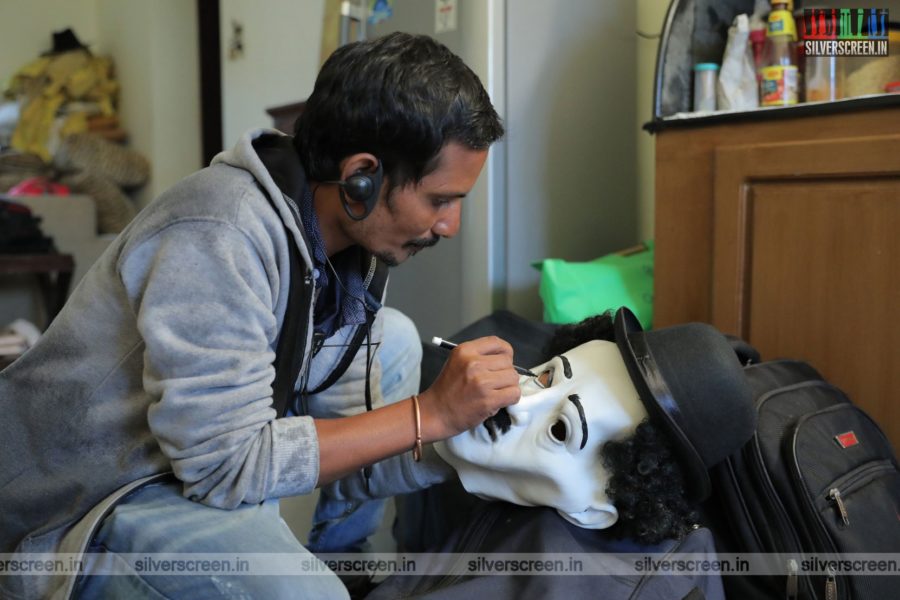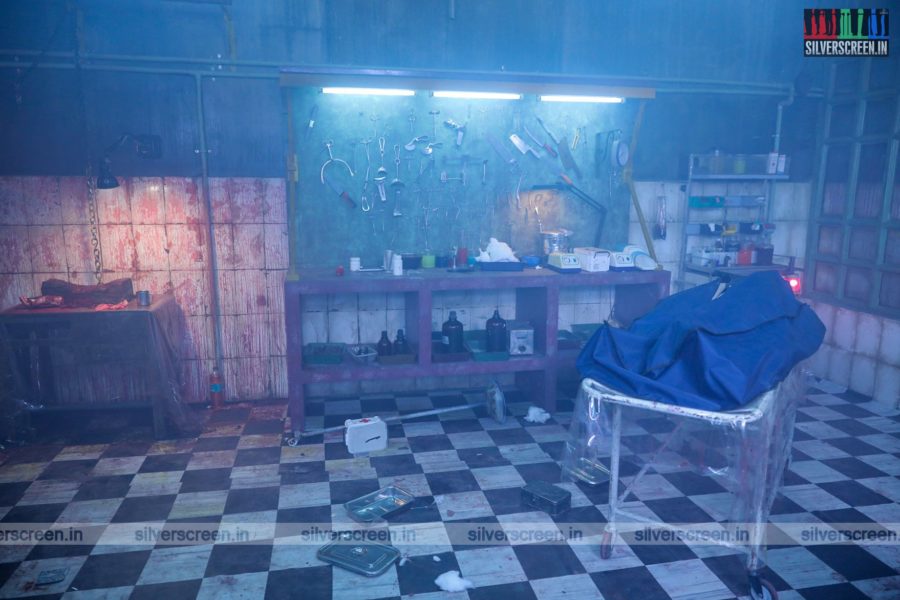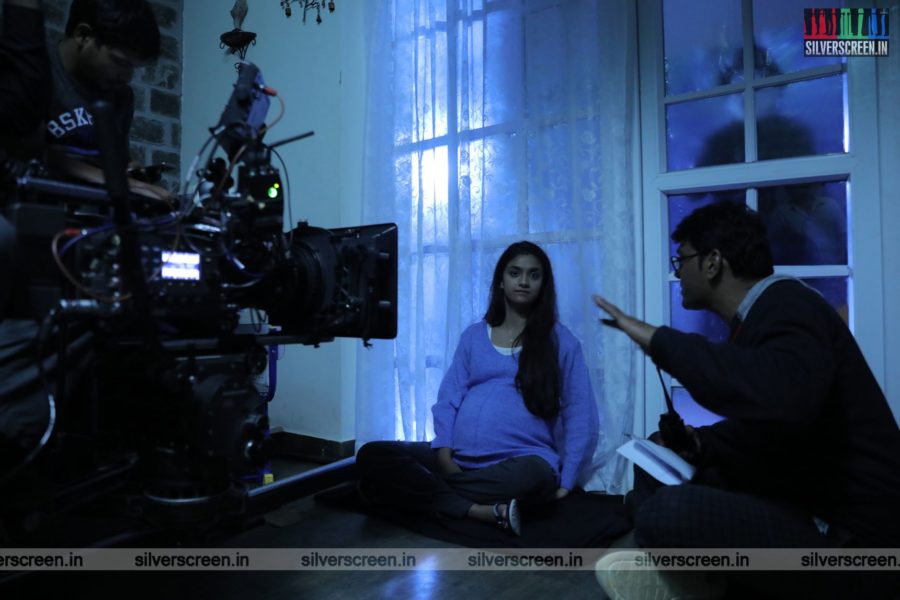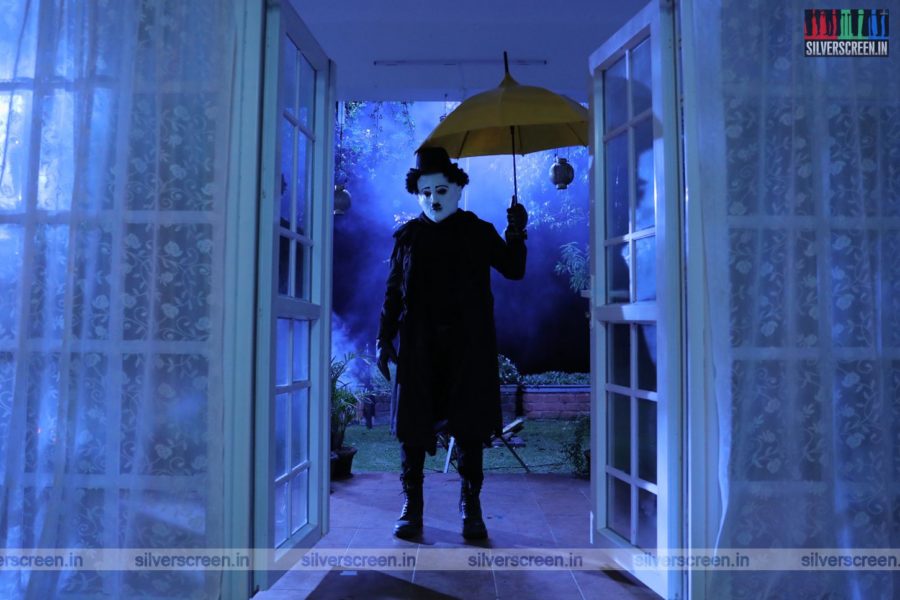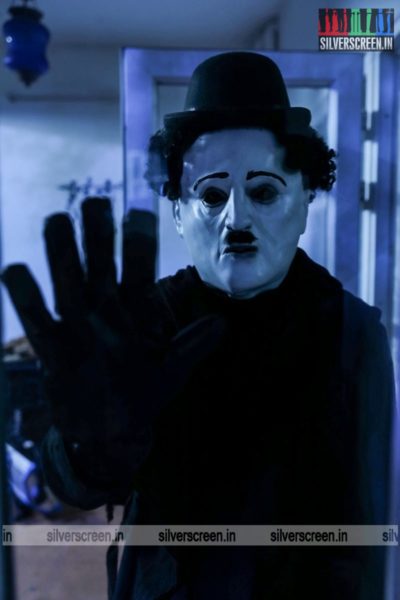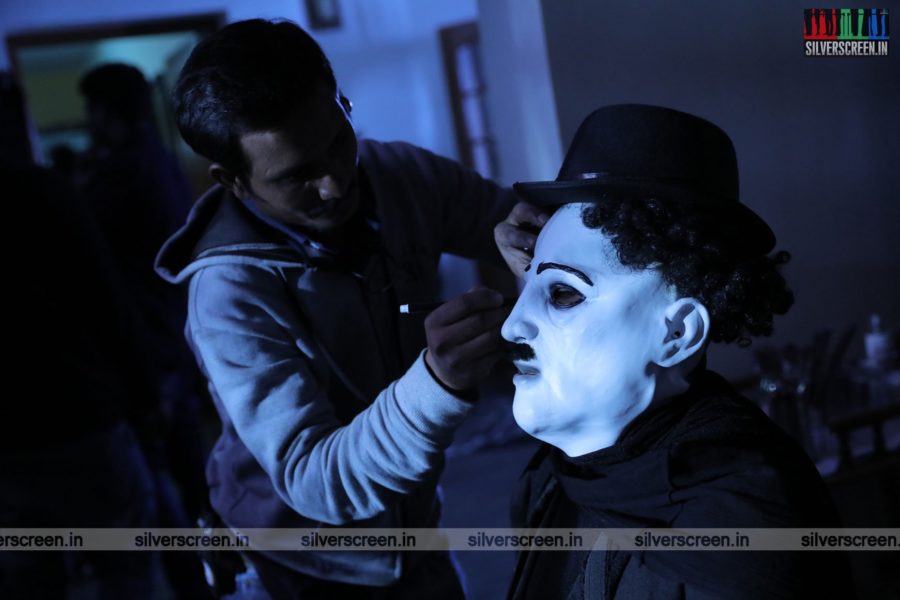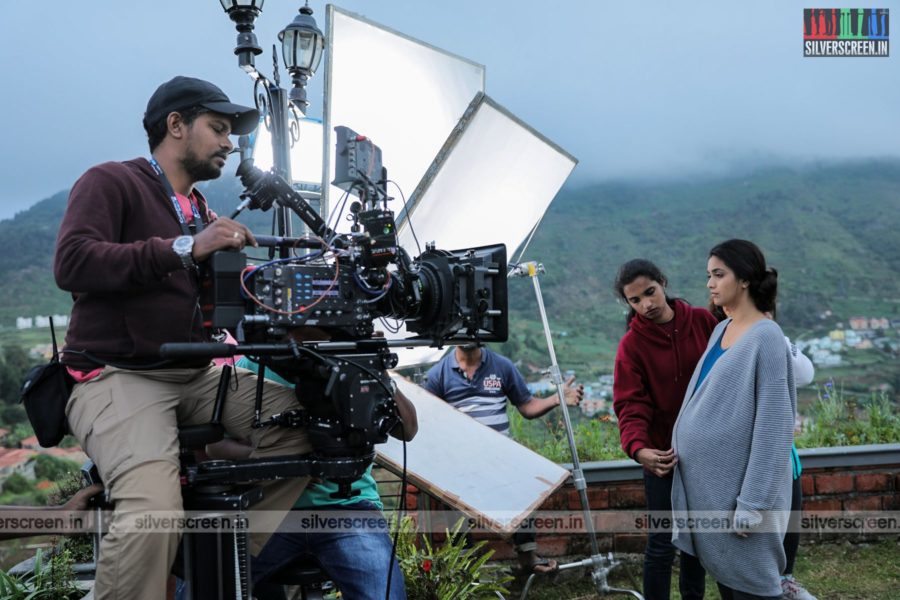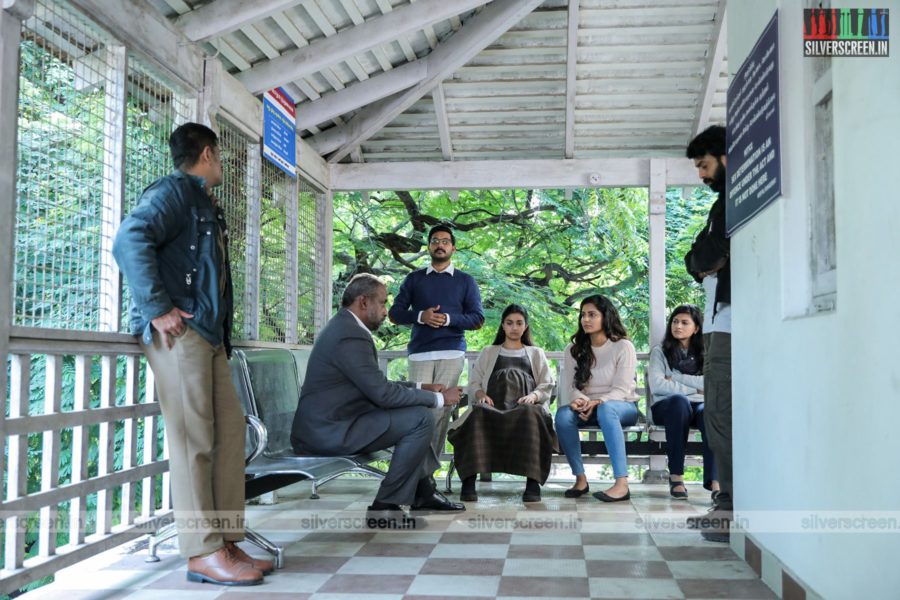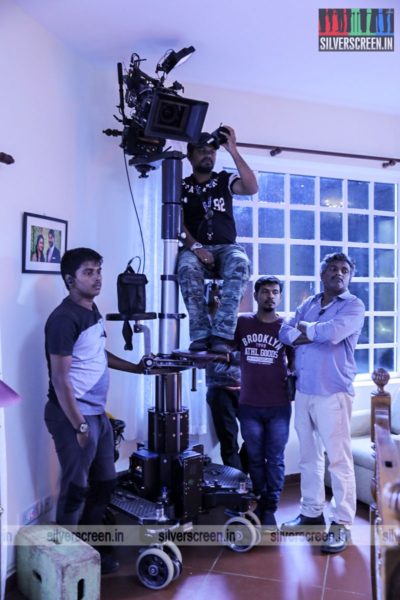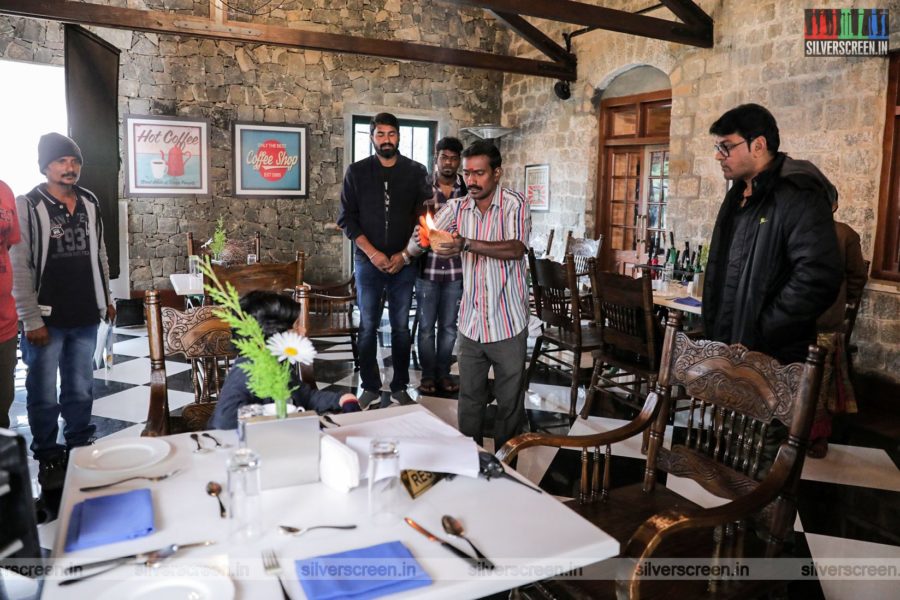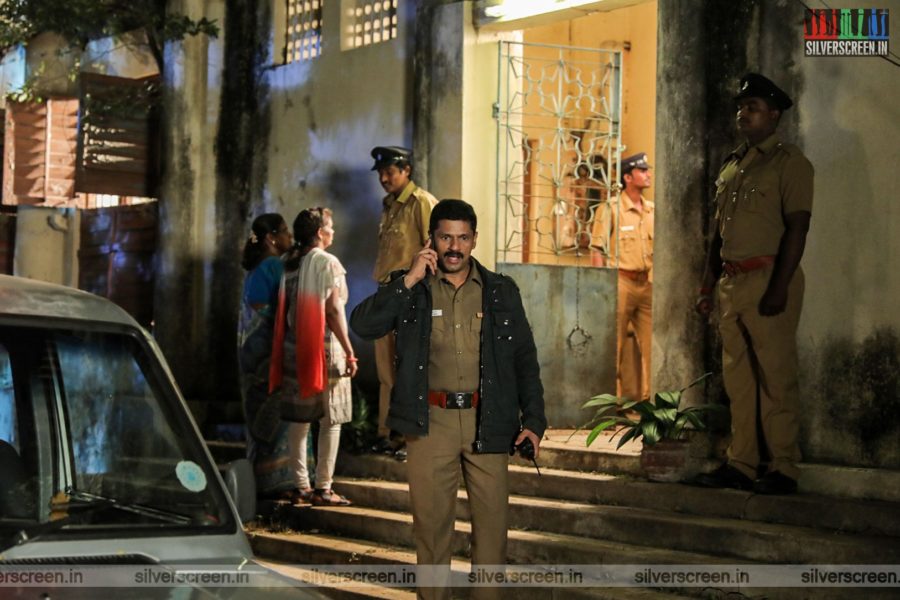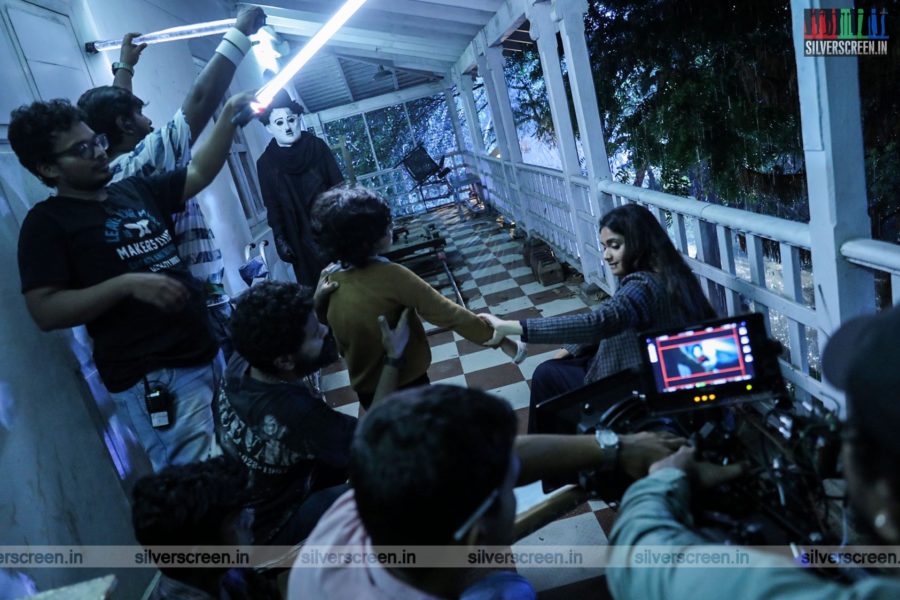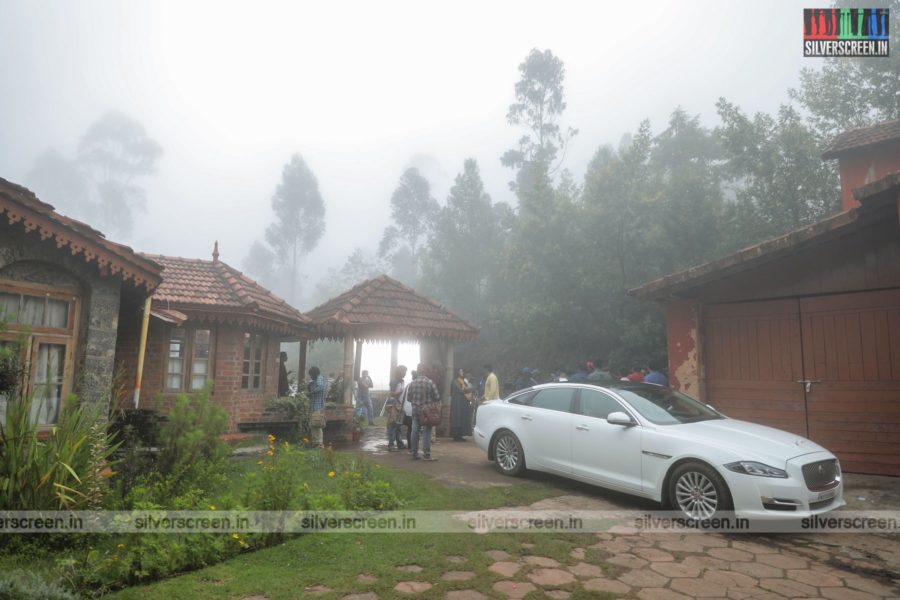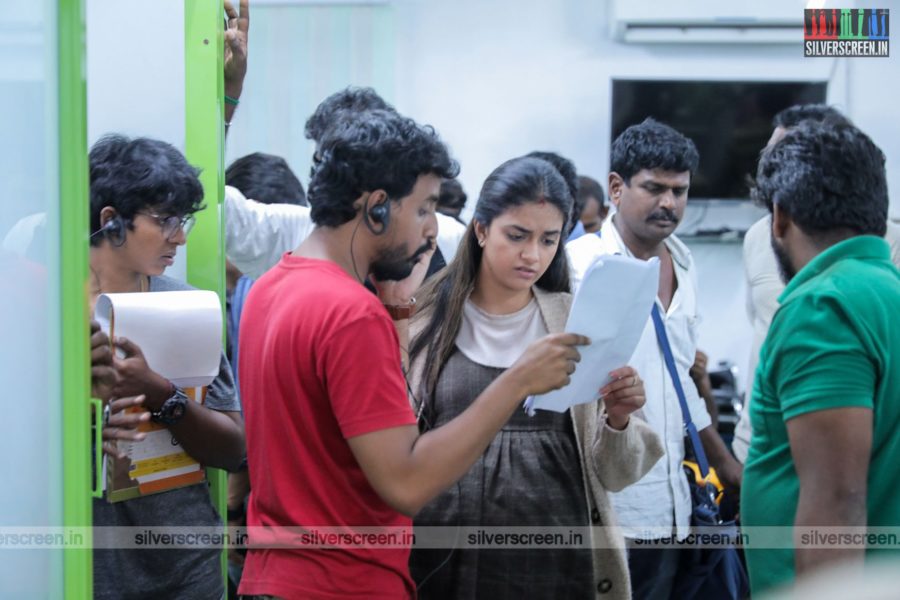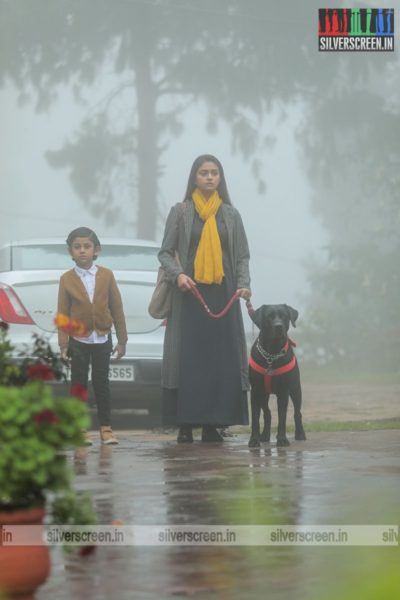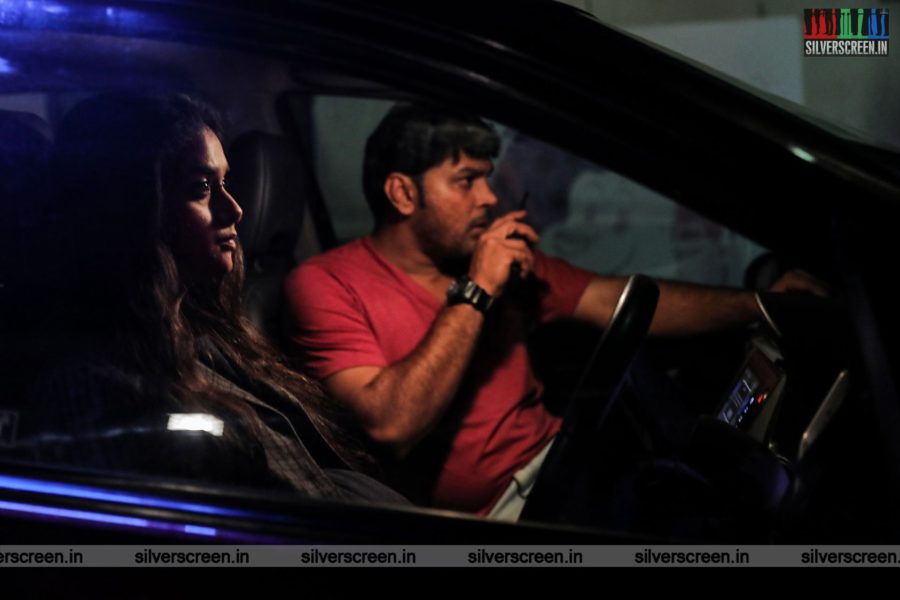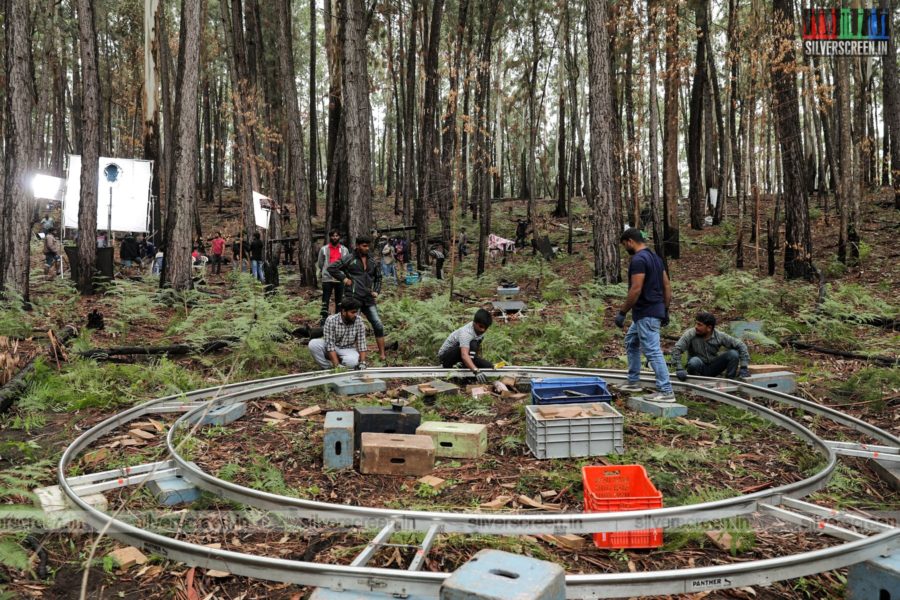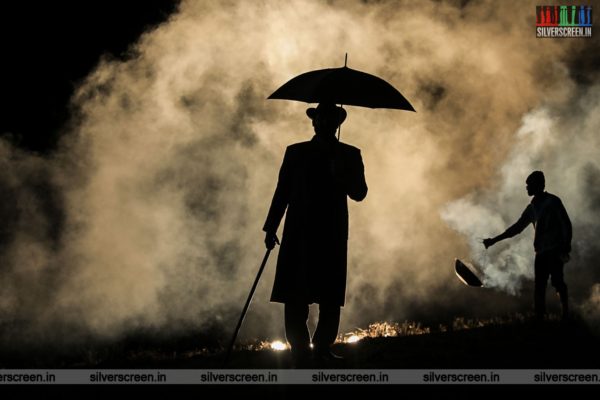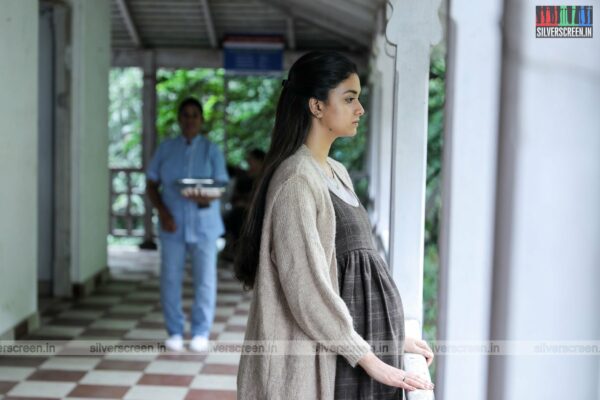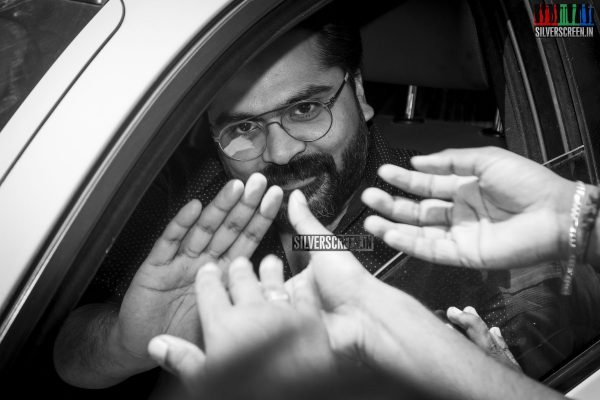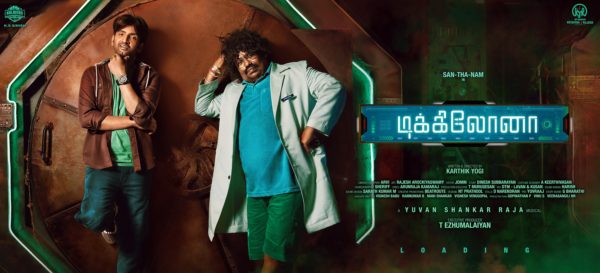Are actors blessed, gifted, beings or are they ordinary mortals just like the rest of us? For if they are born a special race/class of people with an extraordinary destiny, then everything about their lives must be extraordinary, including and especially, their death.
In our culture, we put actors on a pedestal. They are the epitome of Absolute Success and Luxury. They are majestic, enigmatic, fascinating. We are willing to stand outside their mansions for hours just to catch a glimpse, wait in long queues to take a picture with them, write them love letters in blood, put life-sized posters of them in our rooms, have heartfelt chats with them in our dreams, and tweet to them religiously everyday just to get a response. It is, thus, no wonder, that the dying wish of so many of us, mortals, is to meet our favourite star once. We love them, for their work makes our world (seem) better. These days, even in times of national turmoil, we turn to their social media to make sense of the world. Their word is influential. Their actions matter.
There is also a far less reverential aspect to this relationship, which is the opinion that people working in the film industry earn their livelihood out of lies, conceit, promiscuity and falsehood. That they are frivolous individuals who have sold their soul for money. That no morals of the real world, apply to them. That since we pay to watch them, we know their type. That actors occupy a pompous, unnecessary, overhyped position which pushes every other area of life to the margin; makes every other occupation seem inferior.
Actor Sushant Singh Rajput’s untimely death has exposed the gaps in all our cultural constructs – the individual and collective, the public and private, ordinary and extraordinary, between real and fiction. Are we to rage on his death as a casualty of an oppressive system, or are we to mourn the loss of a young man who “knocked on the fatal door of destiny” (Albert Camus, The Outsider)?
At the outset, a bleak picture of human frailties, and the futility of existence haunts us. It alarms against the catastrophic side of what a prosperous and successful life is supposed to look like. His death tells a cruel, painful truth, that there came a moment when, a beautiful, young man was under such excruciating suffering that it overpowered his will to live and the only form of relief came through death. A grave failure of the human existence emerges, it binds us all in grief. The lack of answers, the not knowing of it all becomes like a severe burden to bear.
Could we have known… the pain of the other?
In 2015, during interviews for Amy, a moving documentary on the life and death of a phenomenal singer Amy Winehouse, director Asif Kapadia was asked if there were signs of her tragic death that one could have foretold. Kapadia responded that she wrote all about it in her songs. “It was all there,” he said, she was singing her pain all along, we never paid attention.
Since Sushant’s death by suicide came to be known, the media, commentators, and his fans have been retracing his footsteps to point to or piece together instances of a darkness seeping into his life. On the level of the humane, it is a very natural exercise in grieving, when one tries to rationalise the loss which otherwise makes no sense. This is a way of finding closure, looking for signs in the world you both once inhabited together, but now are left alone in. So, you can ultimately put your pain to rest. Even this act of composing an obituary for him, is a way of grappling with my own grief. It is also an attempt to accord a dignified farewell to the departed.
Our losses remind us that we are connected and affected by the decisions of those around us, even when we refuse to believe so. It is the hard times that call for us to weave ourselves back to relationships, to people we can lean on. Several of Sushant’s co-actors and peers have shared the warmest things about him. In every story, Sushant comes across like a total yaaron ka yaar. He is dancing, he is hammered, he is laughing hard, he is having fun. We are getting to see his generosity, his cheerfulness, his sense of humour, his light that he shared oh so freely! This wonderful life is also all him. That joy was also, indeed all his.
But somewhere these dazzling presences also reveal the voids in his life and a deep sorrow that he bore alone. The more we scratch, the more his alienation begins to hit us. His words spelling the fear of impending doom, his loneliness, the irrevocable loss of a parent, are all haunting. The memories of the connections he made, also point to the connections he couldn’t make and the importance of connections in itself.
The film industry is an industry running on generational wealth which makes it impossible for anyone outside of the circle to even experience a slice of that privilege. It is criminal that a few people be given a godlike power over other people’s destinies. Alienation is a structural reality. It reveals itself through the exclusions from networks of power, profit and influence; through their harsh criticism, and cold neglect. Sushant’s depression is an outcome of the flawed system he found himself in. A system, he sought to belong to, but was excluded from?
Episodes, interpretations, stories, and theories have emerged. Some from his own words and actions, some from others. They deserve to be heard. But this exercise of unearthing instances to piece together a life runs the risk of reducing it to a case. It also hurts to see all autonomy being taken away from an individual, and conforming to the narrative of the powerful. We must by no means do disservice to an artist who wished to do anything but conform. His death has raised questions on art, its entanglement with the art system, and the non-identity of an artist, but was that really his cross to bear?
Sushant had made it in! He had big films. Some worked, some didn’t. The choices he made, the way he led his life, spoke volumes about how high he held his head and how open he kept his heart. He was driven, focused, humble, and so full of energy. He never came across resentful of the trophies he wasn’t awarded, because he never seemed bereft of anything. Frankly, as a fan, none of those awards really seemed out of his reach either. He was just getting started. It was only a matter of time before Sushant won a National Award, hosted the Filmfare awards, or signed an international project. He had what it takes. It would have all happened for him, as it did to so many others before him. In his interview, when he spoke of nepotism, he spoke of a harmonious coexistence of an outsider with an insider as long as the door of opportunities remained open to both, or else, he said, the industry would collapse. A statement that now seems more ominous than scathing.
He neither called for anarchy, nor resigned to obscurity. The truth is that we cannot write his narrative for him, because he went away too soon. What we do know is that he did express dissatisfaction with the market-idea of the system and its parameters. But isn’t that what being an artist is all about? Isn’t that also what being human is all about?
Like a true seeker, he asked questions, and when he didn’t find answers in one plane, he sought them in another. He read books – on mythology, poetry, film, theatre, nihilism, physics, and so on – and started book clubs, he composed poetry, he gazed at the stars, he travelled, he learnt programming languages, he lived a full life. Three-time Academy Award winner, Daniel Day Lewis famous for his “method acting” once took a break from acting to work as an apprentice shoe-maker in Italy. Curiously, Sushant was mockingly called Daniel Day Lewis. Daniel Day Lewis went on to live a rich life, and Sushant could have too. It is heartbreaking that he is gone too soon.
I refuse to buy into the myth of the suicidal genius, or the let the archetype of the suffering artist define him, because, for one, it is a narrative handed down by the system, and second, I doubt he prescribed to that identity as his own. He made a list of dreams, to chase and exult in. Polishing his craft was what he did for fun. He said it was as though the one-hour play time of his childhood was now his whole life. He turned his alienation, his otherness, into a space for indulgence, for nurturing. Poet Mary Oliver had said, “the world’s otherness [was] antidote to confusion [and] standing within this otherness — the beauty and the mystery of the world, out in the fields or deep inside books — [could] re-dignify the worst-stung heart.” Day in and day out, artists, thinkers, seekers, navigate the precarious boundary between empathy and depletion. Yet, the desire to create something bigger than your own self, is a gift, and that was his legacy.
He was brave and resilient and fought for a long time with his demons, and one day he lost. It is a tragedy. There are people who suffer through extreme hardships, and continue to live in hope. There are people who have never faced extreme violence but experience trauma akin to a survivor’s. There are children who at an early age, develop a paranoia about losing a parent, yet their parents go on to live long, healthy lives. There are individuals who shared the same social disadvantages as Sushant’s but not the same fears. It is impossible to comprehend the pain of the other, but we can listen. There is some solace in the belief that Sushant did reach out, that he had friends who cared for him.
As I imagine the moment of his death, the bleakest memories from my own life flash before my eyes. “It is not upon you alone the dark patches fall, dear Sushant, The dark threw its patches down upon me also,” (Walt Whitman). It is 2 am, and nothing seems to make sense. A friend texts me a song, “Thought you needed it.” I sit in silence and listen. I pass it on. We’re gonna figure it out.
